These 21 Black women changed history forever
- Oops!Something went wrong.Please try again later.
- Oops!Something went wrong.Please try again later.
- Oops!Something went wrong.Please try again later.
- Oops!Something went wrong.Please try again later.
- Oops!Something went wrong.Please try again later.
- Oops!Something went wrong.Please try again later.
- Oops!Something went wrong.Please try again later.
- Oops!Something went wrong.Please try again later.
- Oops!Something went wrong.Please try again later.
- Oops!Something went wrong.Please try again later.
Rosa Parks. Ketanji Brown Jackson. Ida B. Wells. Kamala Harris.
They're just a few of many Black women in history whose names represent a legacy of unparalleled achievement.
These women, along with many others, serve as trailblazers, and are among the first to accomplish monumental milestones, thus paving the way for future generations to come.
To honor all of their contributions, we've gathered a list of some of the most influential Black women in history and the triumphs that got them there.
You'll learn about Oprah Winfrey's journey from Miss Black Tennessee to the world's first Black billionaire, as well as how Josephine Baker went from a Vaudeville dancer to a spy for the resistance during World War II.
Find out what groundbreaking organization Ida B. Wells helped to found, who the first Black woman in space was, and a host of other facts on notable figures in history including Maya Angelou, Shirley Chisholm, Laverne Cox and more.
As Michelle Obama memorably said at the Democratic Convention in 2008, "The only limit to the height of your achievements is the reach of your dreams and your willingness to work hard for them."
Read her story and others in honor of Black History Month or to inspire your own journey. For these women not only helped shape the world, but in the process, have made it a better place for all.
Josephine Baker (1906-1975)
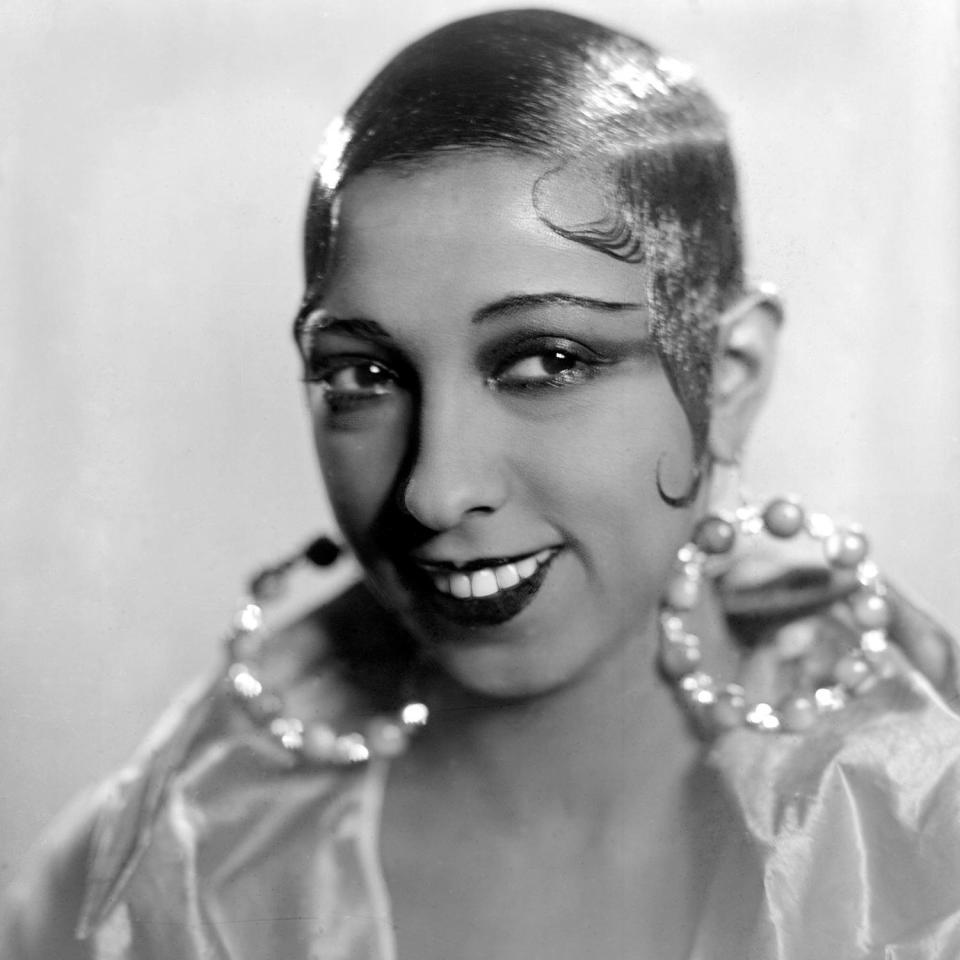
Born in St. Louis, Missouri, Josephine Baker's success as a Vaudeville dancer took her France, where she was lauded as one of the country's most popular performers. During World War II, Baker became a spy for the French resistance, passing on critical Nazi information to aid the war effort.
Upon returning to the U.S., Baker found herself the target of discrimination and threw herself into fighting racism and injustice at home. Baker was one of two women speakers at the March on Washington in 1963, having spoke just before Martin Luther King Jr. delivered his "I Have a Dream" speech.
Oprah Winfrey (1954-present)
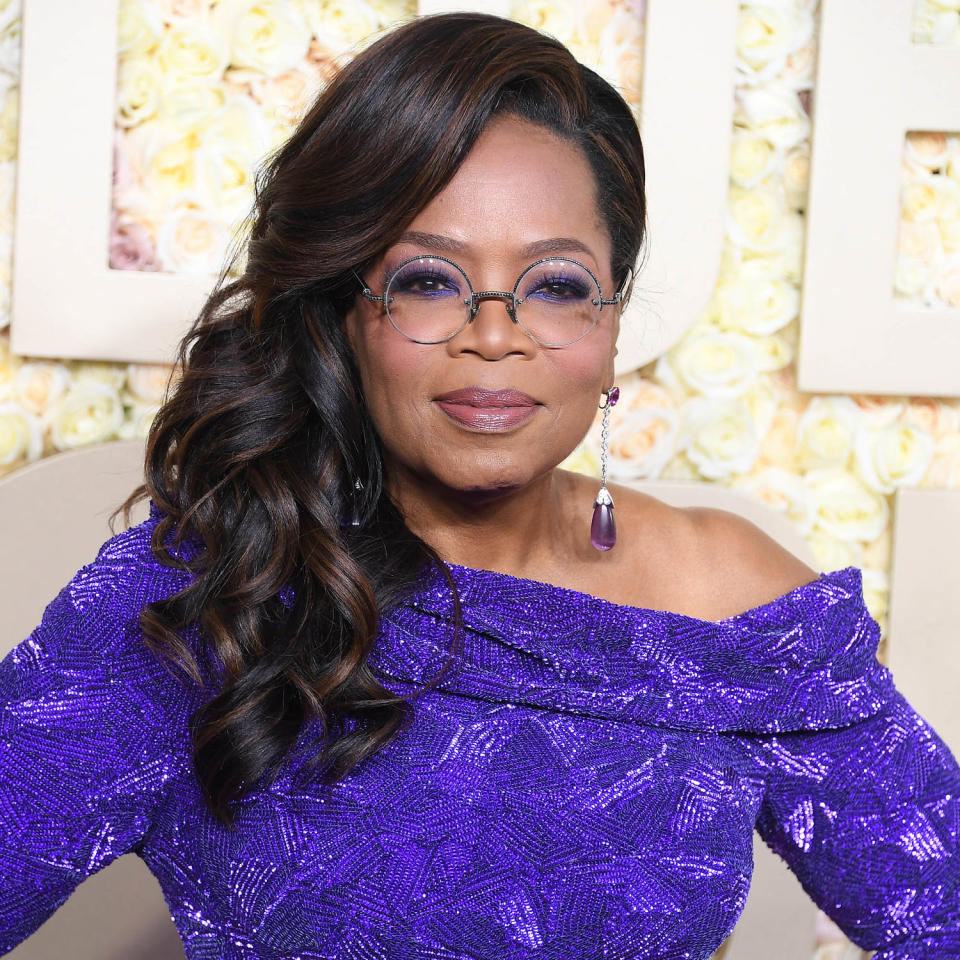
Oprah Winfrey began her career competing in beauty pageants before transitioning to broadcasting, where she found success as host of the Chicago TV talk show "People Are Talking." Her popularity led Winfrey to launch "The Oprah Winfrey Show," which aired for 25 years and established Winfrey as a media mogul.
After founding her own production company and television network, Winfrey would go on to become the first Black woman billionaire in the U.S. One of the most recognizable names in the world, Winfrey has notably used her accomplishments for philanthropic endeavors spanning the globe.
Mae Jemison (1956-present)

Born the youngest of three children in Decatur, Alabama, Mae Jemison was a student of science before going on to serve as a medical officer in the Peace Corps and establish her own practice as a doctor. Inspired by the Apollo moon trips but discouraged by the lack of female astronauts, Jemison pivoted careers and in 1987, applied to NASA where, out of 2,000 applicants, she was selected to train at Kennedy Space Center. On Sept. 12, 1992, Jemison boarded the space shuttle "Endeavor" and with six other astronauts, orbited the earth. Her trip to the stars landed Jemison in the history books as the first Black woman in space.
Shirley Chisholm (1924-2005)

Shirley Chisholm became a household name after becoming the first Black woman to be elected to the United States Congress in 1968. A native of Brooklyn, New York, Chisholm served seven terms in Congress and made inroads by helping to expand the food stamp program. She also introduced legislation to benefit racial and gender inequality, and became a founding member of the Congressional Black Caucus.
In 1972, Chisholm made history again as the first Black candidate to seek the nomination for President of the United States and the first woman to bid for the Democratic Party's presidential nomination. Though she was ultimately unsuccessful, her history-making accomplishments were acknowledged with a Presidential Medal of Freedom in 2015.
Bessie Coleman (1892-1926)
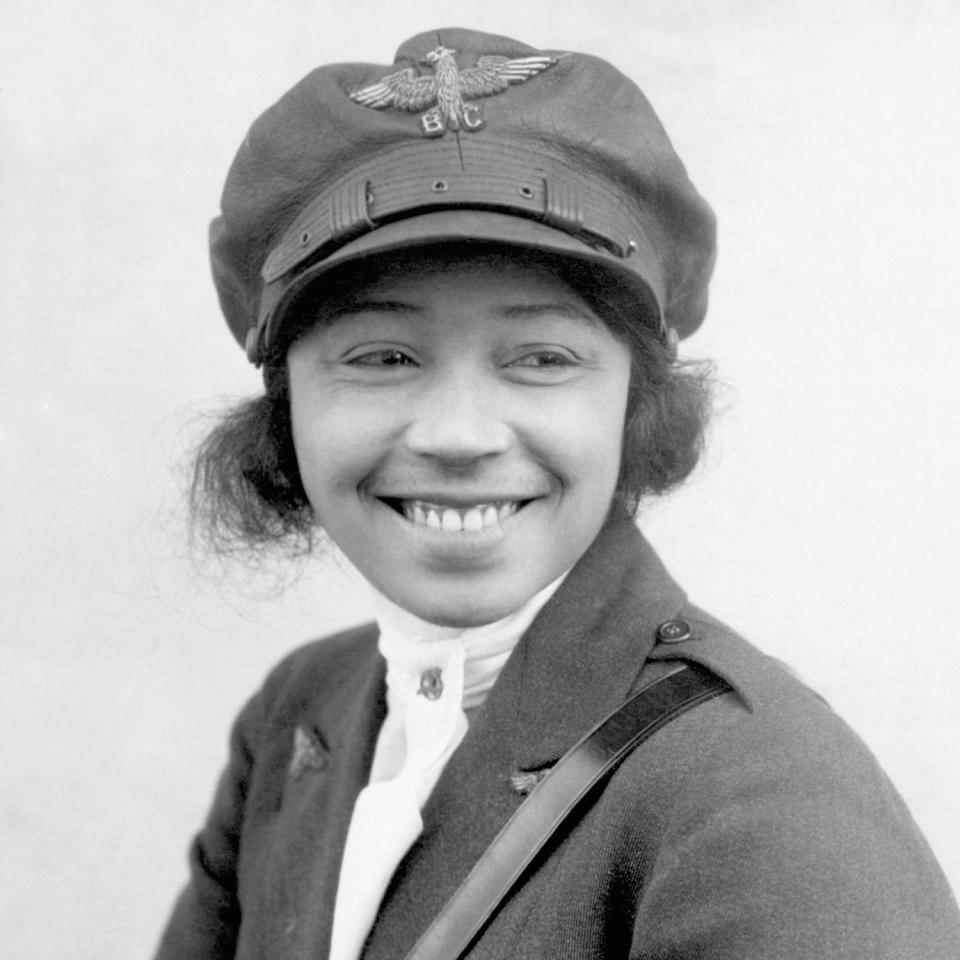
A Texas native, Bessie Coleman dreamt of flying planes. However, as a Black woman in the 1920s, getting her pilot's license in the U.S. was nothing short of impossible. That didn't stop the would-be aviator who, in the face of adversity, learned to speak French, then left to train in France, where Black people were permitted to become aviators. Within seven months, Coleman officially became a pilot, making her the first Black woman to do so.
However, flying wasn't enough for Coleman, who also wanted to perform stunts. After training with the German military aces, Coleman successfully became a "barnstormer," or pilot who did stunts at airshows. Tragically, Coleman died in an air accident in 1926 at the age of 34.
Elizabeth Freeman (unknown-1829)
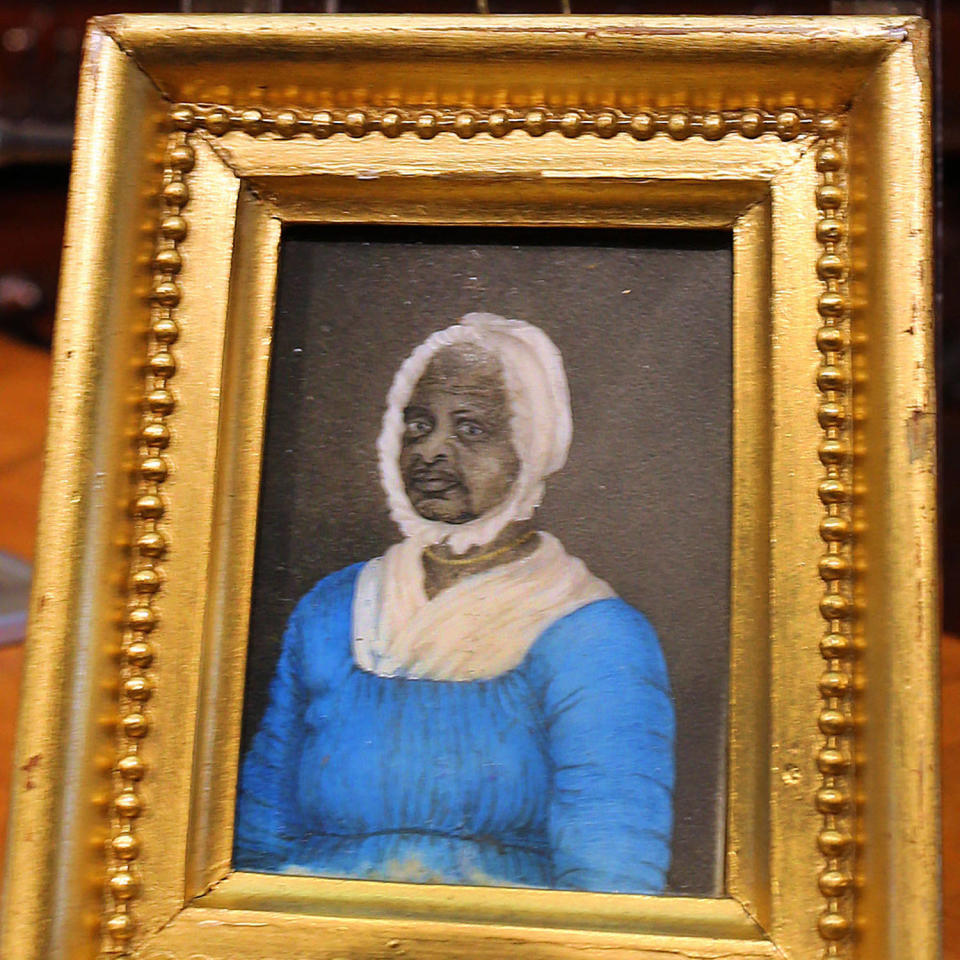
Freeman, also known as Mumbet, was a nurse and midwife who successfully sued Massachusetts for her freedom in 1781, becoming the first African American enslaved woman to win a freedom suit in the state. Her suit helped lead to the permanent abolition of slavery in the state of Massachusetts.
Harriet Tubman (unknown-1913)
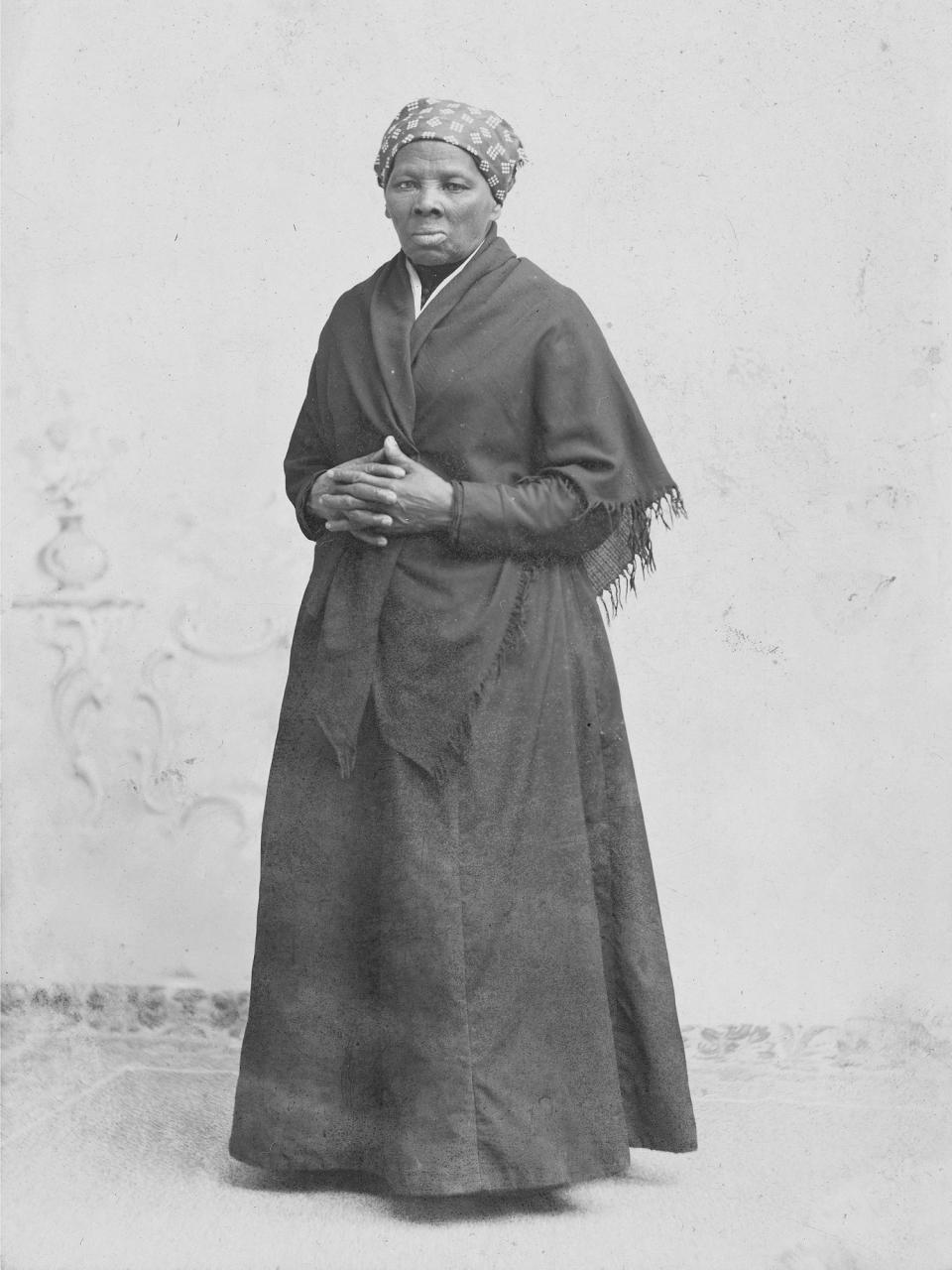
American abolitionist Harriet Tubman is best known for her efforts to move slaves to liberation in the Underground Railroad, a network of antislavery activists. Her legacy is indelible in the movement to abolish slavery, as she is documented to have made approximately 13 trips through the Underground Railroad, leading dozens of slaves to freedom and was never caught, despite a $40,000 reward for her capture.
Tubman is also the first Black woman to serve in the military after helping the Union Army during the Civil War.
Ida B. Wells (1862-1931)

Ida B. Wells was a prominent Black investigative journalist, educator and activist in the early civil rights movement. She was one of the founders of the NAACP (National Association for the Advancement of Colored People), and led a powerful anti-lynching crusade in the U.S. in the 1890s.
Rosa Parks (1913-2005)
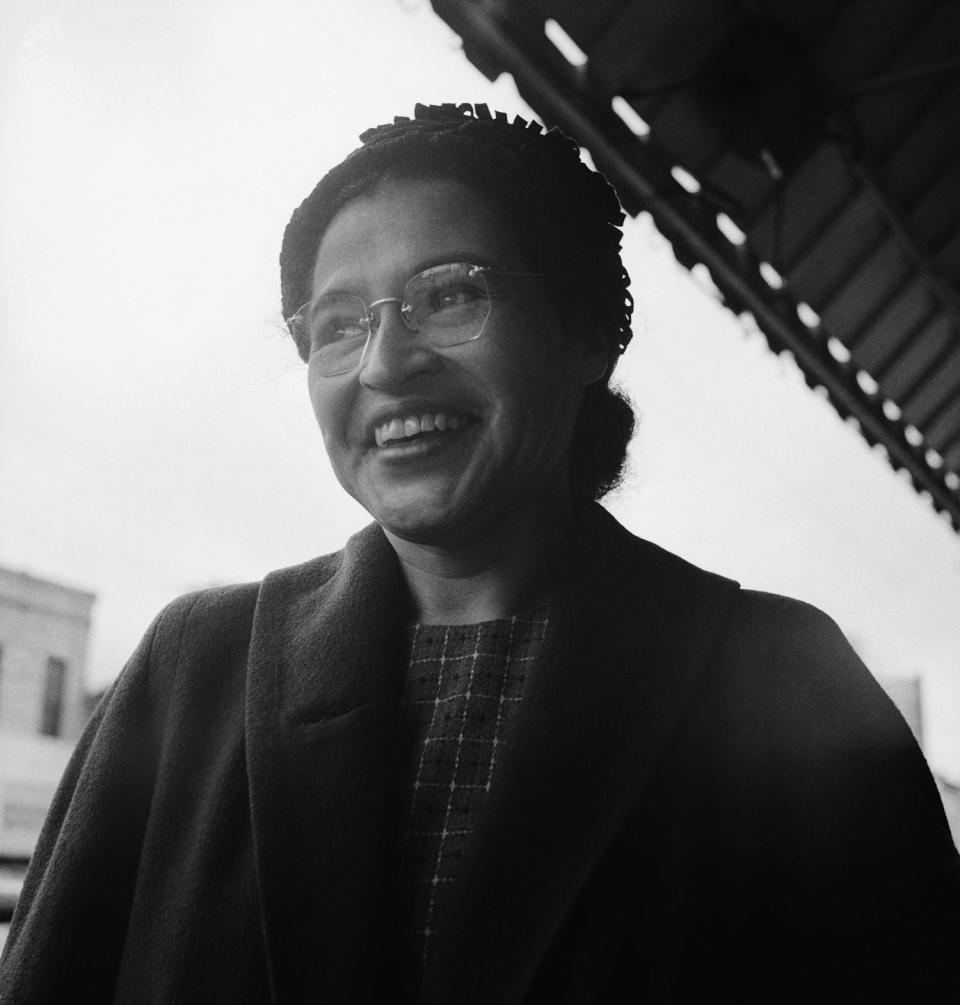
Rosa Parks, a trailblazer known for her courageous participation in the Montgomery Bus Boycott, ignited the movement against racial segregation on public transit. Her defiance to give up her seat led to her arrest on Dec. 1, 1955, but led to revolutionary change. The United States Congress has since honored her as “the first lady of civil rights” and “the mother of the freedom movement.”
Maya Angelou (1928-2014)
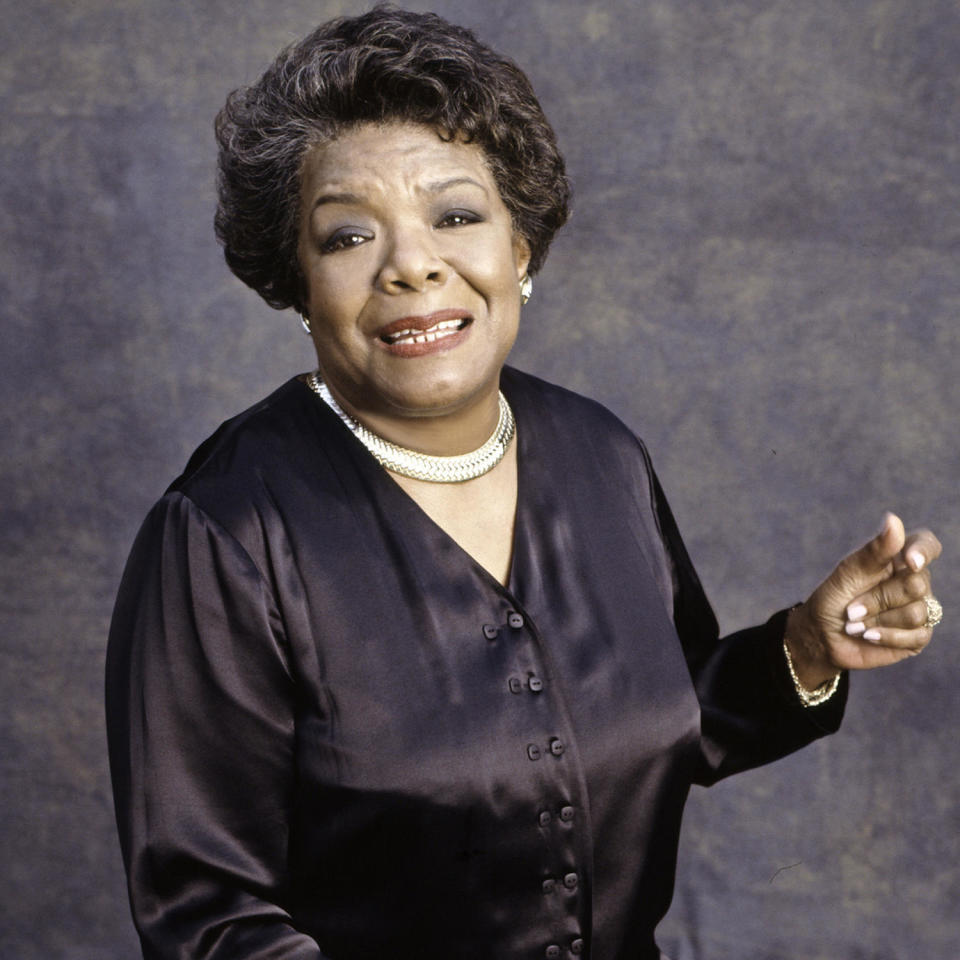
Maya Angelou has a distinct voice as a Black writer and activist. She left a legacy with her large body of work, including memoirs, poems, essays and plays. She rose to fame in 1969 after the publication of “I Know Why the Caged Bird Sings,” one of her autobiographies detailing her early years as a young Black woman.
Nina Simone (1933-2003)

Nina Simone possessed a unique raspy voice and had a massive impact on the jazz community, as well as the civil rights movement. In her early years, Simone changed her name from Eunice Kathleen Waymon, her birth name, to her new alias, Nina Simone, to disguise herself from her family while trying to forge her career in jazz as a pianist and singer. Between 1958 and 1974, Simone recorded more than 40 albums, leaving an indelible mark on music.
Audre Lorde (1934-1992)

Audre Lorde made incredible contributions to feminist literature. In her writings, she highlights her experience being a Black lesbian woman and confronts issues of racism, homophobia, classism and misogyny, giving voice to other Black female writers and activists.
Wangari Maathai (1940-2011)

Wangari Maathai was the first Black African woman to receive a Nobel Peace Prize for her efforts in environmental conservation. In the 1970s, she founded the Green Belt Movement, an environmental non-governmental organization focused on environmental conservation and women’s rights. She was also an elected member of Parliament and served as assistant minister for Environment and Natural Resources between 2003 and 2005.
Aretha Franklin (1942-2018)

The “Queen of Soul" was ranked No.1 in Rolling Stone’s “200 Greatest Singers of All Time” and it’s been said that no one understood soul music better than Aretha Franklin. Inspiring generations of singers after her, including Mary J. Blige and Whitney Houston, Franklin was also the very first female artist to be inducted into the Rock & Roll Hall of Fame in 1987.
Marsha P. Johnson (1945-1992)
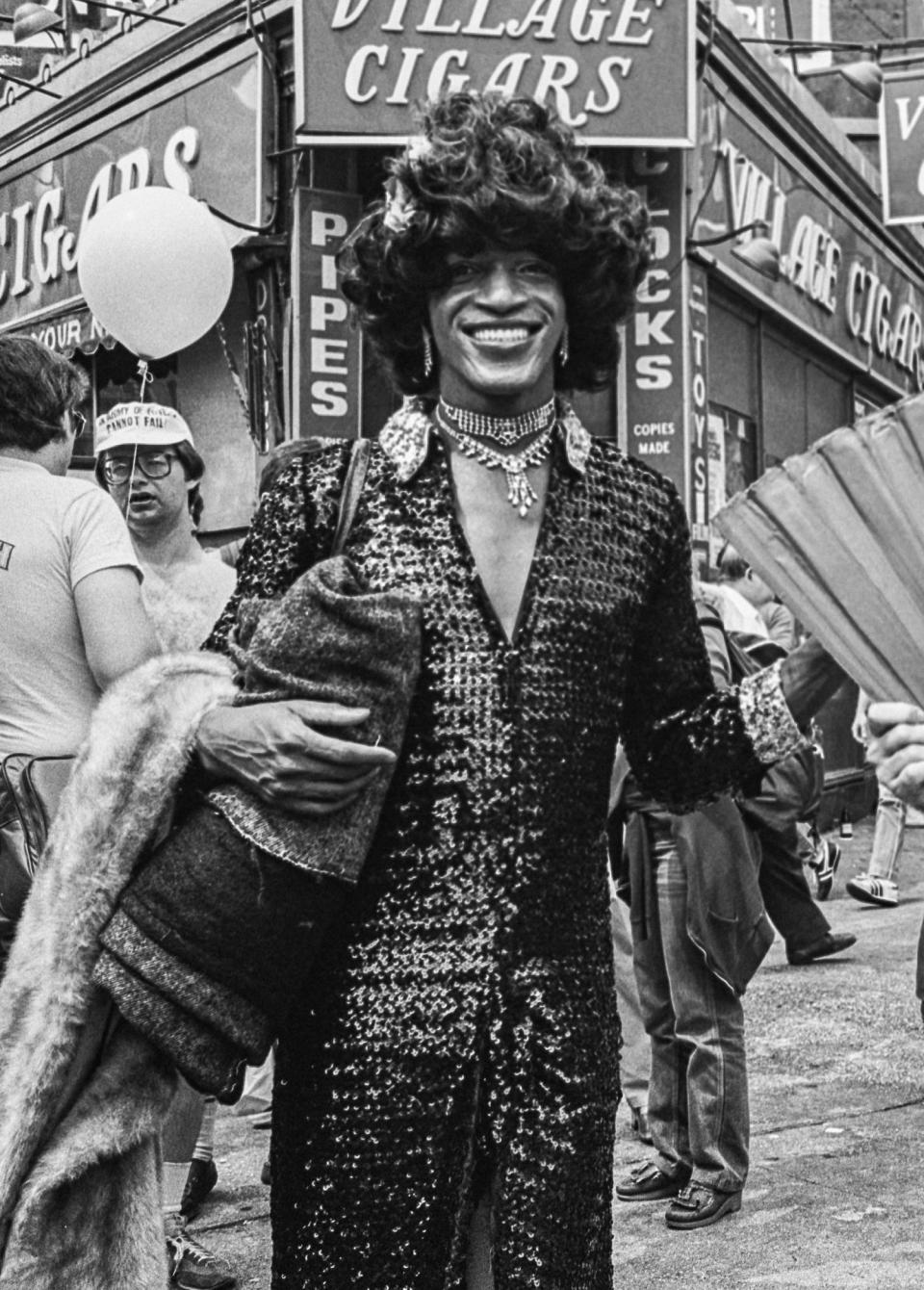
Marsha P. Johnson, born Malcolm Michaels Jr., was the first self-identified, drag queen in the U.S. She was one of the first openly gay liberation activists and a key figure in the Stonewall riots in 1969. When asked what the "p" in her name stood for, she responded, "Pay it no mind," and continued to use that phrase when asked about her gender identity.
Ruby Bridges (1954-present)
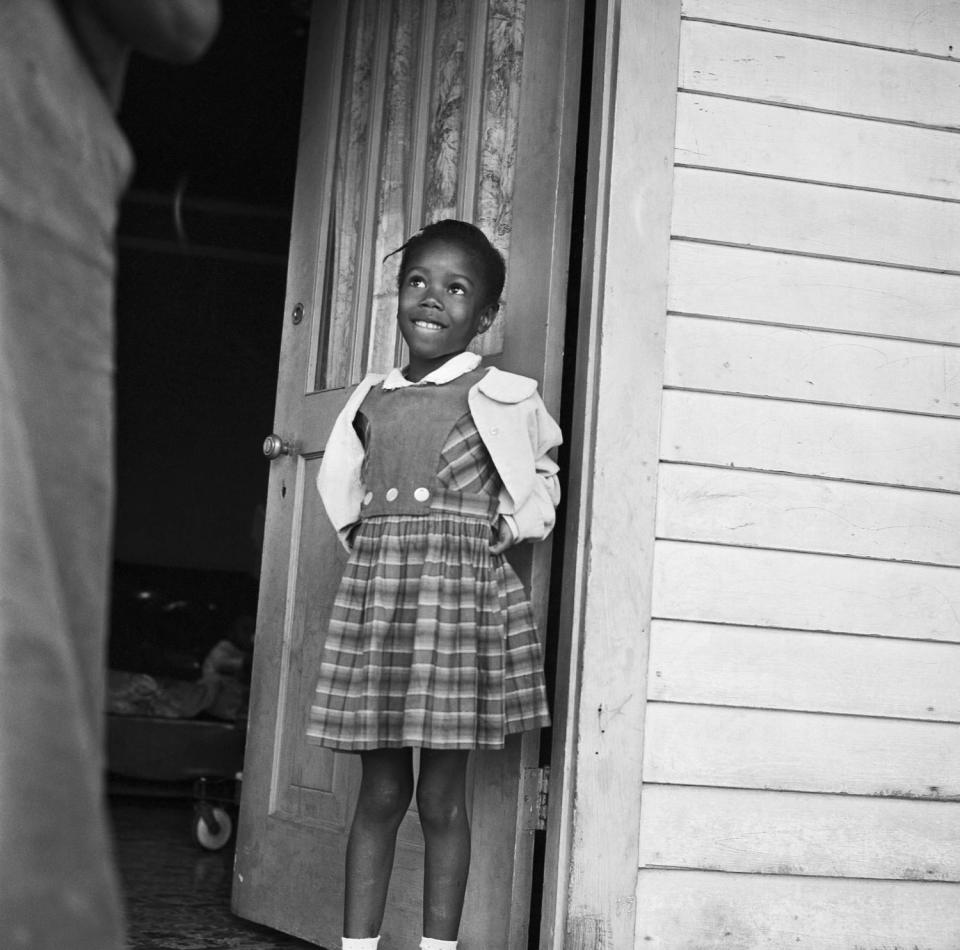
Ruby Bridges is an American activist who helped the civil rights movement in Louisiana. She was the first child to desegregate William Frantz Elementary School, an all-white school in Louisiana, which she was selected to attend based on her displayed intelligence at just six years old. She also was later painted by Norman Rockwell and is now celebrated as a courageous Black woman who continued to fight for equal rights throughout her life.
Kamala Harris (1964-present)

Kamala Harris is the current and 49th vice president of the United States. She stands as the first female vice president in American history, the highest-ranking female official in US history — and is the first Black and Asian American to hold the position.
Michelle Obama (1964-present)
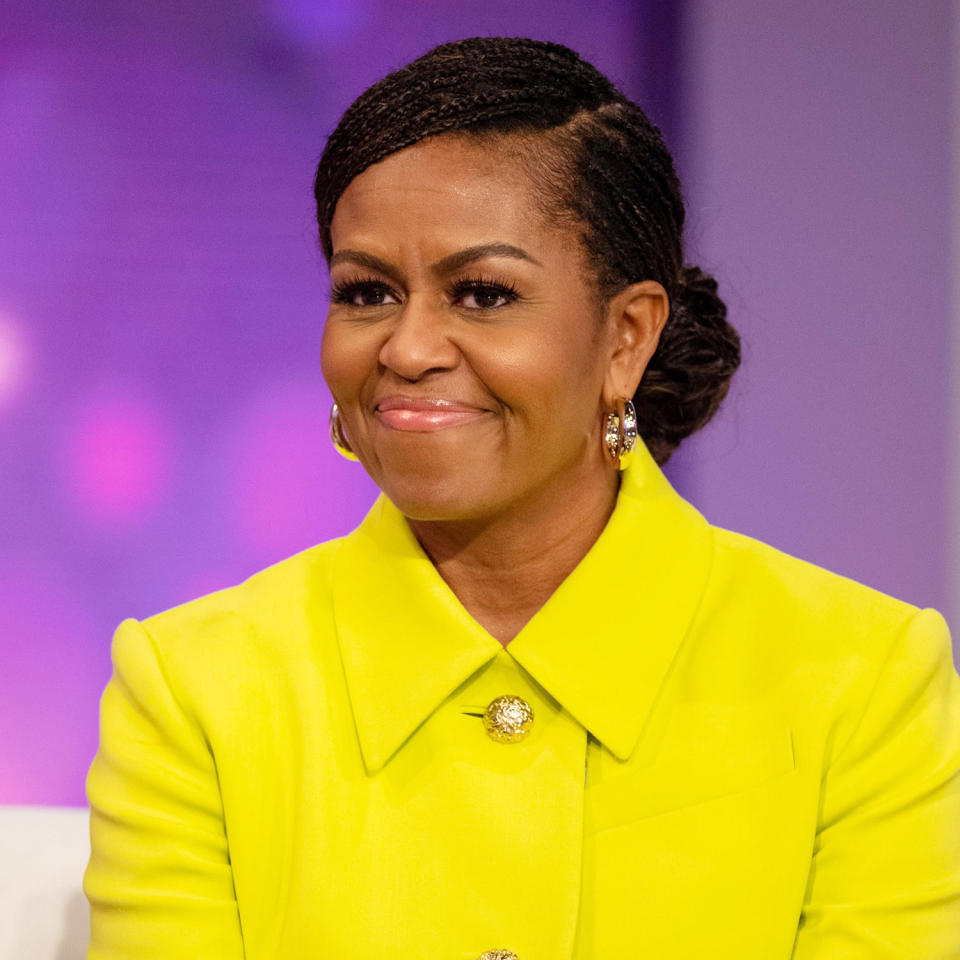
Not only was Michelle Obama the first African American woman to serve as the first lady of the United States, but she also continues to be a source of inspiration through her efforts to promote health and wellness for kids in America. Her story in her best-selling books "Becoming" and "The Light We Carry" encourage generations of women to dream big and never give up.
Tarana Burke (1973-present)
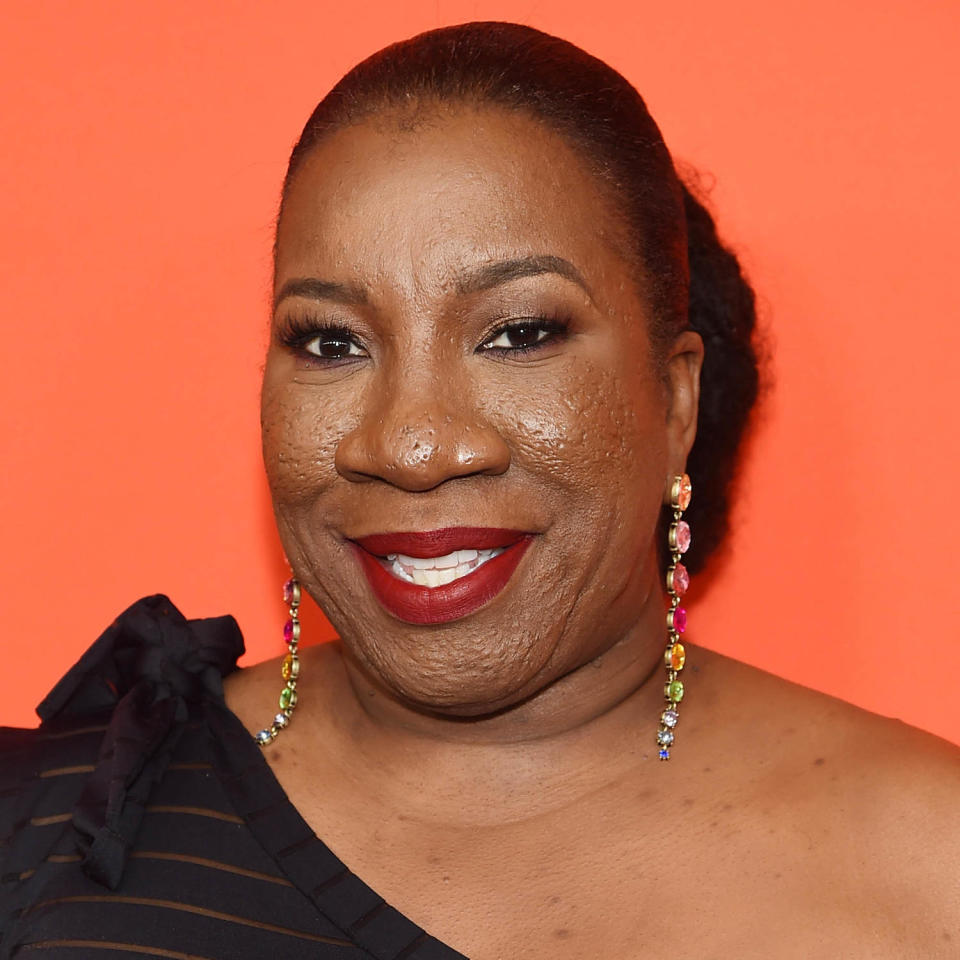
Tarana Burke is best known for organizing the #MeToo movement in 2006 as a means for victims of sexual violence to share their experiences with others, forming an alliance among survivors. Named Person of the Year by TIME magazine in 2017, Burke has spent her life empowering women to share their stories and fight against sexual assault with the slogan "empowerment through empathy."
Laverne Cox (1972-present)
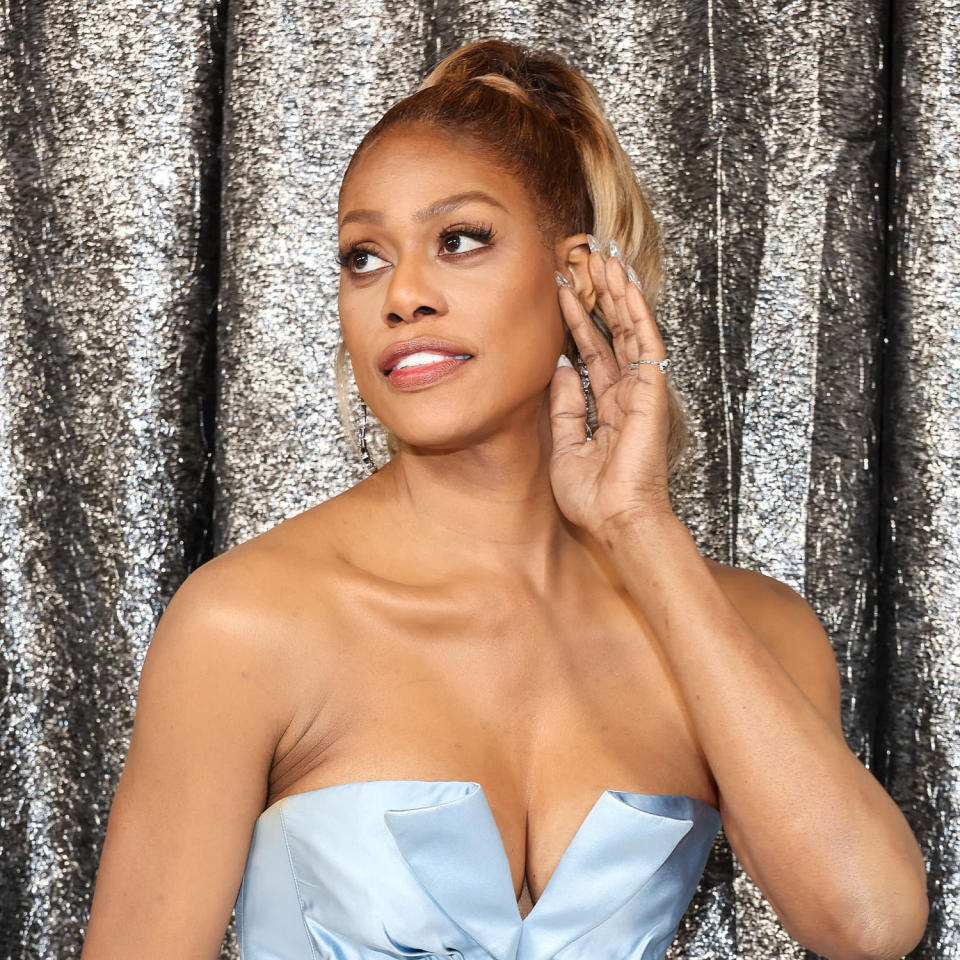
The actress, activist and LGBT advocate is praised for her role on Netflix's "Orange Is the New Black" as Sophia Burset. She was the first transgender woman to be nominated for a Primetime Emmy Award in any acting category, and in June 2014, Cox became the first transgender woman to appear on the cover of TIME magazine.
Ketanji Brown Jackson (1970-present)

In April 2022, Ketanji Brown Jackson made history as the first Black woman appointed to the U.S. Supreme Court. As a young woman, she loved the law and set her sights on Harvard University. After being discouraged by a high school guidance counselor, Jackson not only graduated magna cum laude from the university, but went on to attend Harvard Law School and served as editor of the "Harvard Law Review."
This article was originally published on TODAY.com

